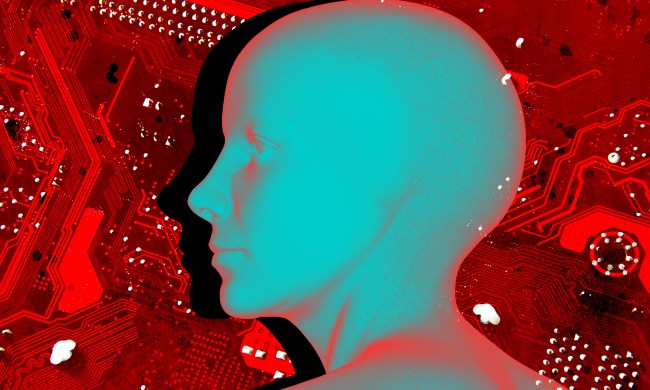If you’re going to trust your smartphone to do something as important as detect the most common forms of skin cancer, you want to be pretty darn sure that it works as advertised. Fortunately, the claims of an app called SkinVision appear to be accurate.
SkinVision is an iOS and Android app that lets users assess and track skin spots for changes over time. It works by asking users to snap a photo of concerning spots on their skin using their smartphone camera. Within 30 seconds of submitting this photo for review, an artificial intelligence algorithm then delivers a risk assessment: Either low, low with symptoms, or high. It does this by looking for telltale signs of skin cancer in spots, such as irregular patterns, multiple colors, asymmetry, size, and uneven borders. In the event that the app raises concerns, users can then visit a medical professional to get advice on what to do next.

“Our service does not formally provide a diagnosis, but instead a risk assessment and recommendation,” SkinVision spokesperson Abigail Blackburn told Digital Trends. “We aim to relieve pressure on the health care system by helping direct individuals to a health care professional at the appropriate time. Literature shows that suspicious skin spots are one of the most common reasons patients visit a general practitioner, and a high percentage of these visits can indicate a benign lesion. SkinVision hopes that the use of the app can reduce unnecessary visits, freeing up GPs to run their practice efficiently to see more patients. The cost for treatment of early-stage skin cancer is drastically different from late-stage skin cancer, which can require expensive treatment such as immunotherapy.”
In a recent study published in the Journal of the European Academy of Dermatology and Venereology, investigators tested the app’s claims that it can play a crucial role in early skin cancer detection. They concluded that it is around 95.1% sensitive in its ability to identify the most common forms of skin cancer. While there’s room for improvement when it comes to the specificity of the cancers, it’s still proven its value as an effective early warning system.
We’re still a long way from replacing doctors with machines (something that I don’t think will ever truly happen), but this is a great example of how A.I. can be used to improve health care, particularly when it comes to skin cancer, where early diagnosis is crucial. Tools like this can be game-changing.


